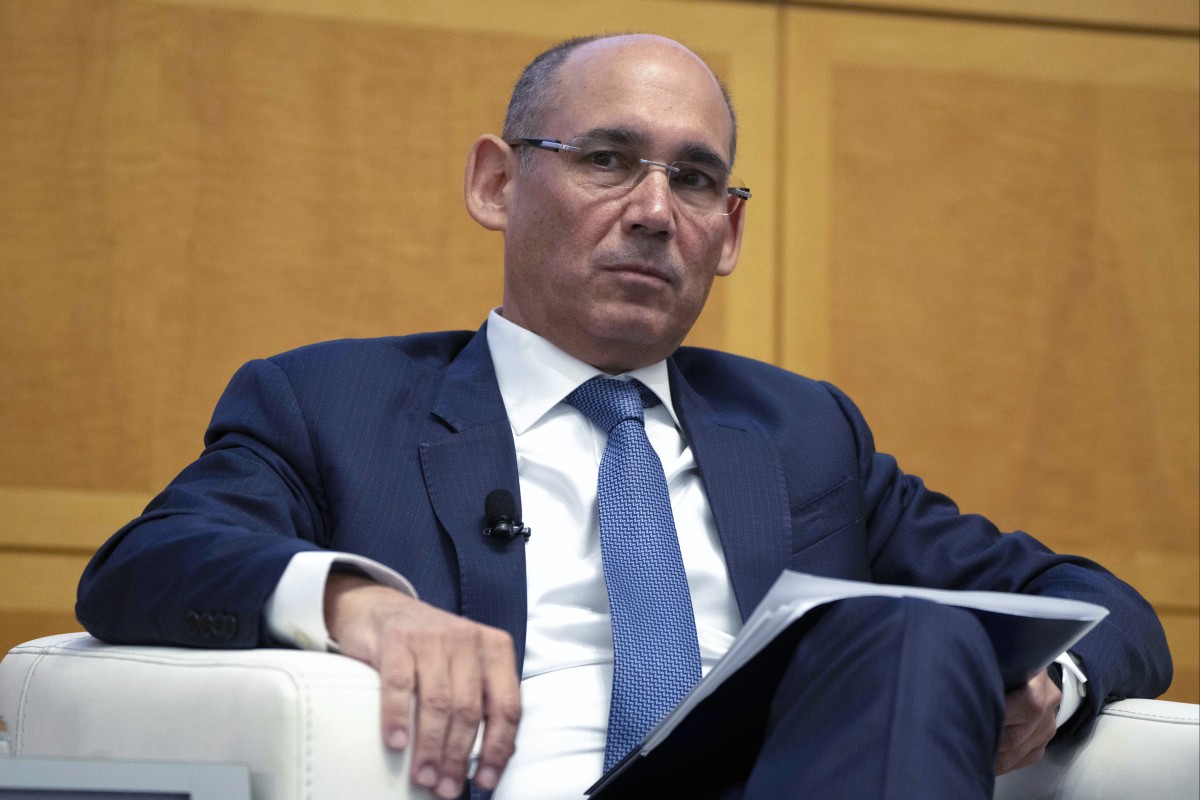Israel c. bank calls for ‘responsible’ economic policy
Bank of Israel Governor Amir Yaron has urged the government to realise the importance of “responsible” economic policy while dealing with current challenges of the war as the economy is facing significant challenges.
In a letter sent to the government alongside the Bank of Israel’s annual report for 2023, Yaron had called the government to establish “appropriate” fiscal priorities in the state budget considering the need for higher defence spending in coming years.
“During the war, the government implemented an expansionary policy” related to “the costs of the fighting, programmes supporting households from the conflict areas, and assistance for workers and businesses across the country,” the letter read. “Looking ahead, the economy is facing significant challenges deriving from the war, in addition to structural challenges related to fundamental problems that have existed for some time already.”
In its annual report, the Bank of Israel reported an increase in the budget for the years 2023-2024 to finance the costs of the war since October 7, that already reached NIS 100 billion ($27.1 billion).
The central bank governor called for the establishment of a committee to determine the size of the defence budget in light of the growing security challenges.
“It should delineate Israel’s defence needs in the coming years and formulate an appropriate multiyear budget programme that will take into account all the ramifications on the economy,”
“It is important that if there is an additional increase in that budget, beyond what was already decided, it should be accompanied by fiscal adjustments that will at least prevent an enduring increase in the public debt-to-GDP ratio.” Yaron noted.
Israel entered the war with good economic fundamentals such as a low public debt-to-GDP ratio and high foreign exchange reserves, as well as low unemployment.
“The low debt-to-GDP ratio in Israel is a strategic asset, and the level of this ratio just before the war facilitated the economy’s dealing with the immediate fiscal ramifications of the war and illustrated once again its importance in the economy’s resilience to shocks,” Yaron says.
Aron said the war ramifications were felt in the financial markets, “where they were mainly reflected in the weakening of the shekel and in the capital market’s underperformance vis-à-vis other countries, and international institutions and credit rating agencies published warnings of long-term risks that may arise from those processes.”
“The war’s adverse impact on the economy was seen on many levels. The negative impact was particularly severe at the beginning of the war, though in some areas—including the employment of Israeli workers—recovery was already seen later in the final quarter of the year. During that quarter, GDP contracted, private consumption, and particularly investment, declined sharply, and exports declined by a more moderate pace.” “The adverse impact was particularly acute in the construction and agriculture industries, which suffered from a severe shortage of non-Israeli workers, and in the tourism industry.”
At the beginning of the war, the shekel depreciated sharply, though later on it appreciated to beyond its prewar level, he added.
“For the year overall, GDP grew by only 2 percent, meaning that GDP per capita did not grow at all. The surplus in the current account increased this year, due to its steep increase in the fourth quarter, when imports declined considerably.”


